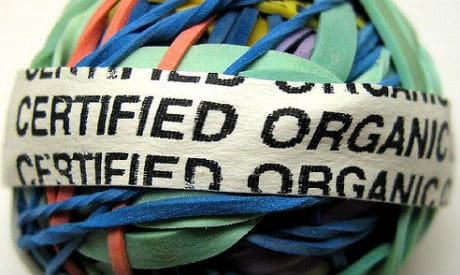
Each year, more products are being labeled 'organic' and both supermarkets and farmer's markets are increasing the variety of organic fruits, vegetables and animal products as well as other products including organic clothing that are available for shoppers. Sales of organic food are outperforming sales of their conventional counterparts despite some question over whether or not buying organic is worth it.
What does organic mean
Buying organic reduces exposure to chemical pesticides, antibiotic-resistant bacteria, and genetically modified foods.
USDA's National Organic Program
The USDA's National Organic Program (NOP) defines how the term 'organic' may be used. According to the NOP, the USDA organic seal verifies that:
* Irradiation, sewage sludge, synthetic fertilizers, prohibited pesticides, and genetically modified organisms are not used to growcrops (fruits, vegetables, grains) labeled organic;
* Producers of organic livestock meet animal health and welfare standards, do not use antibiotics or growth hormones, use 100% organic feed, and provide animals with access to the outdoors; and
* A product containing multiple ingredients must contain at least 95% certified organic content. If the label claims that it was made with specified organic ingredients, you can be sure that those specific ingredients are certified organic.
Reference: National Organic Program, USDA
Photo credit: atomicity










